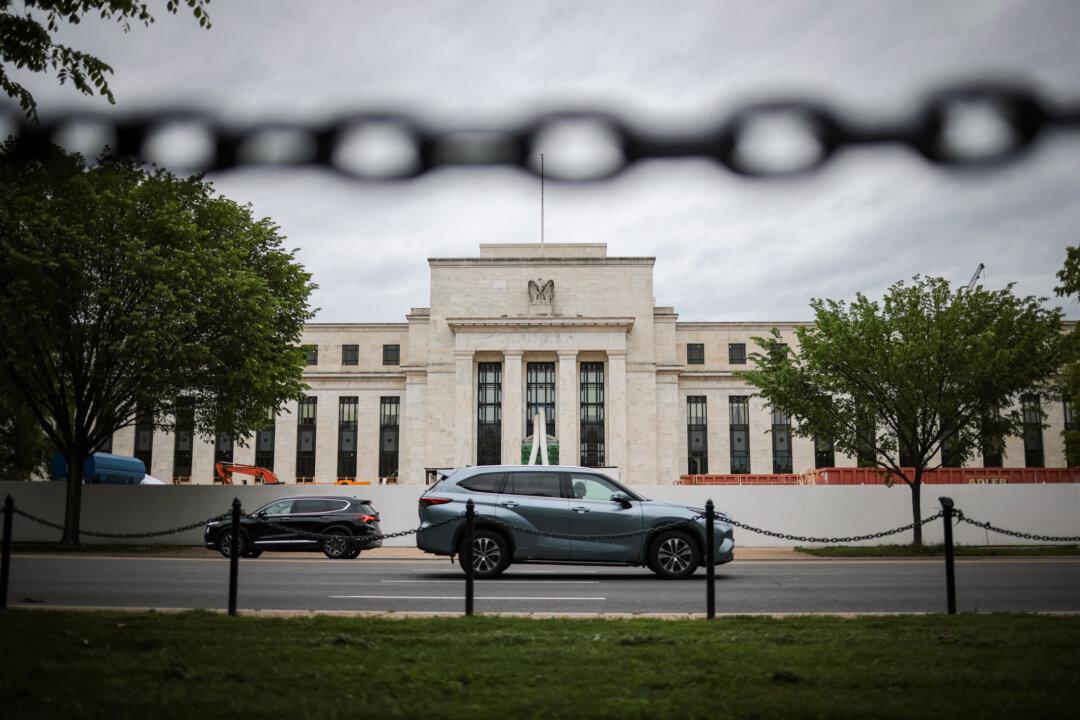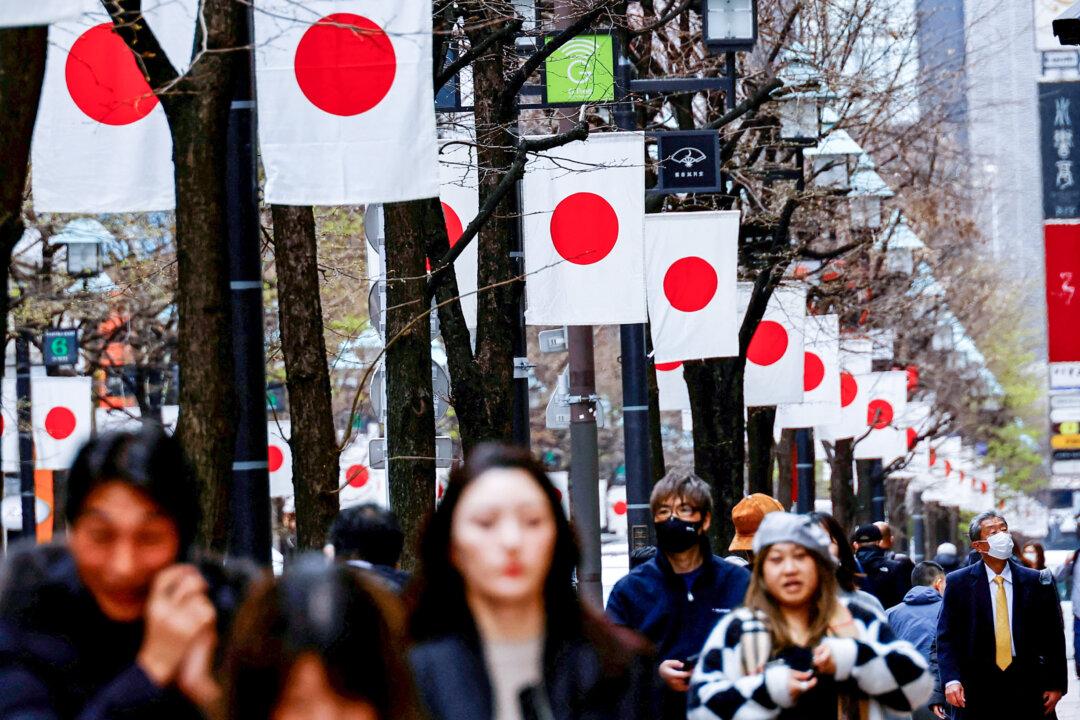Commentary
China has always been hoping to avoid the mistakes committed by its predecessors. A decade ago when China was forced by the U.S. to appreciate its currency value, China refused to do so aggressively. From 1985 to 1987, USD/JPY fell from 260 to 120, or the Japanese Yen appreciated by more than double. Chinese Yuan obviously did not follow suit during the late 2010s. The Yuan appreciated by only one-third from USD/CNY 8.2 to 6.2 between 2005 and 2013, an increase of less than 4 percent per annum, but it did not prevent a bubble from forming like that of Japan.





